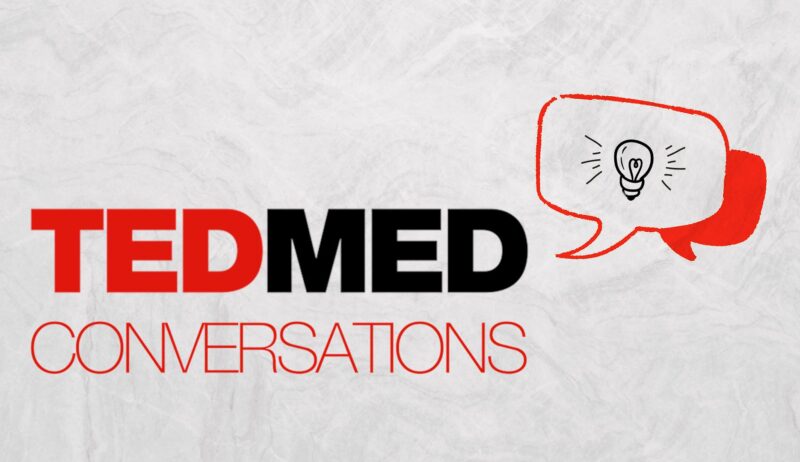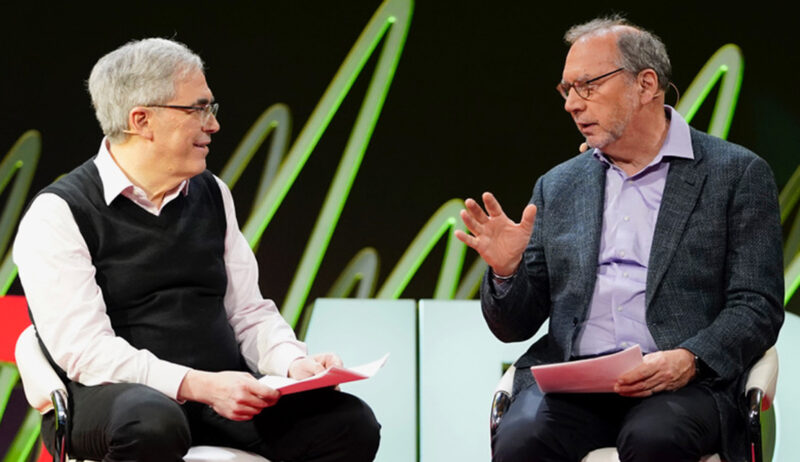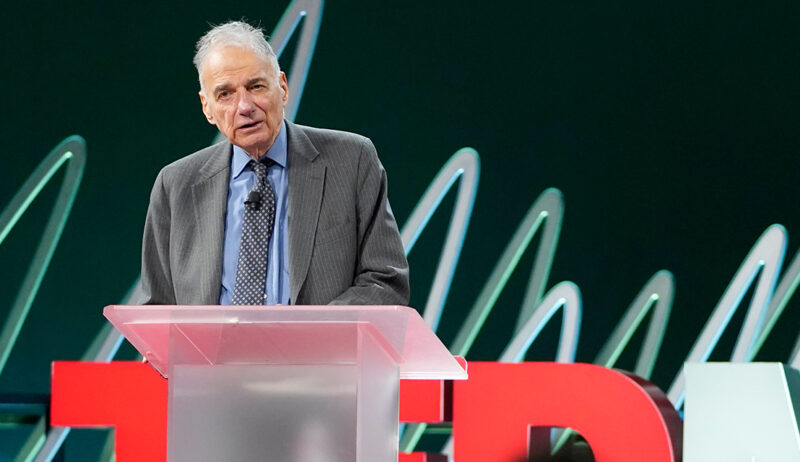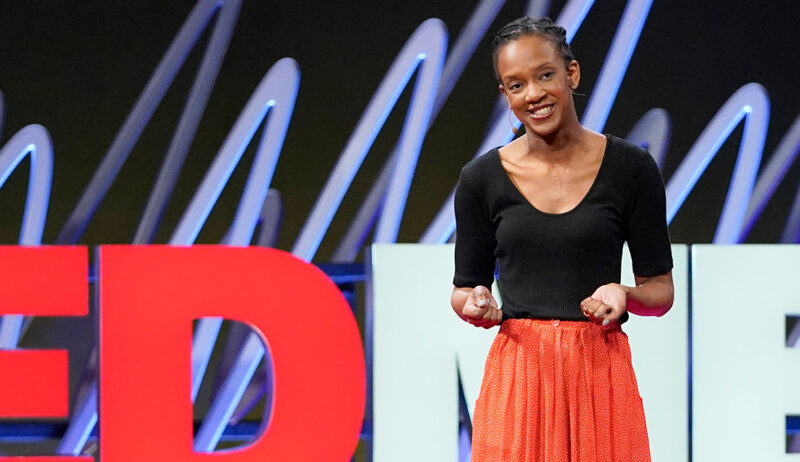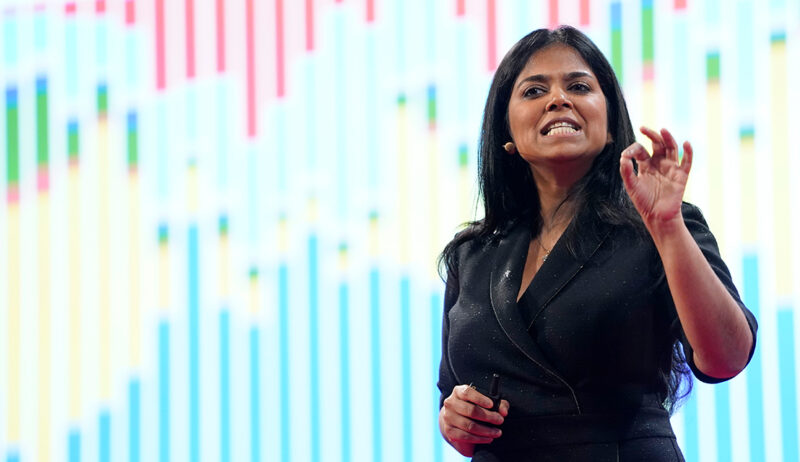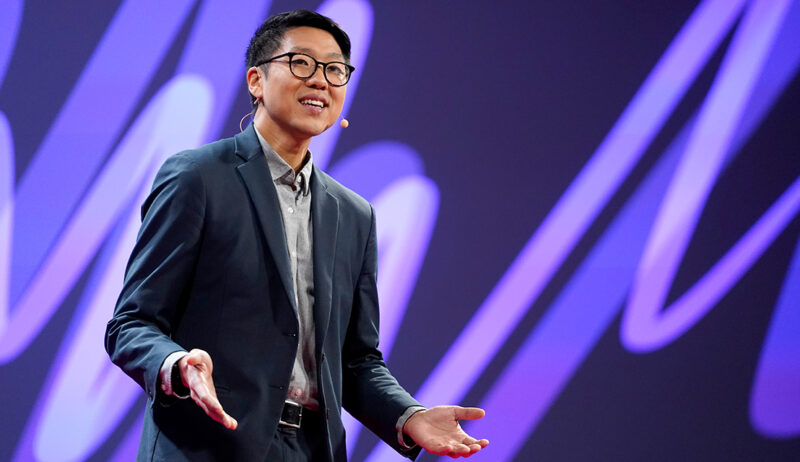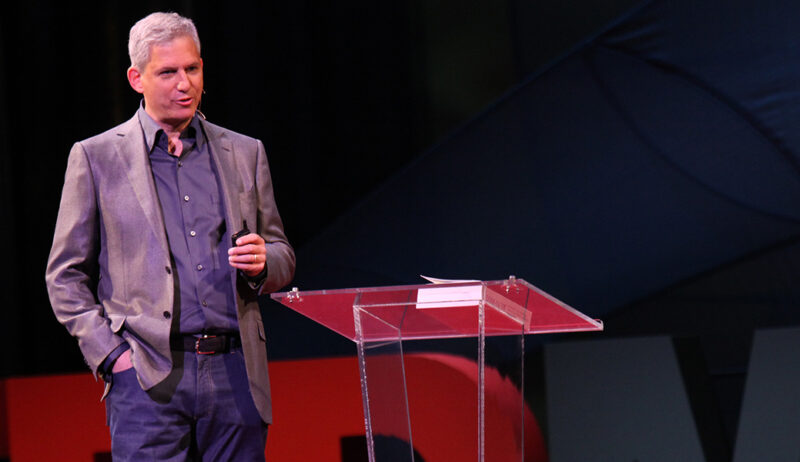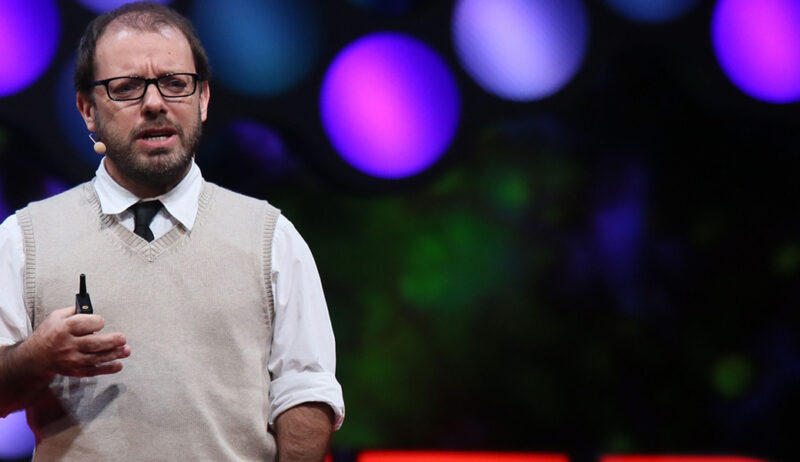About this talk
Today, 30 million Americans suffer from rare diseases, and it takes an average of 6 years to unlock these diagnoses. But Diagnosis Detective, Lisa Sanders, suggests that it’s not just rare diseases that we diagnose incorrectly. Diagnostic error is a large scale problem that costs numerous lives each year. So what do we do about it? Lisa shares that increased training, feedback, and specialization in medicine are the keys to improving diagnostic accuracy. She also looks to Sherlock Holmes for a new approach, suggesting that doctors should look at each new case through a detective’s lens – with all evidence in front of them – rather than making a decision based on familiarity. In doing so, we can improve diagnoses, provide accurate treatments, and save lives.
Watch Lisa Sanders’ 2020 TEDMED Talk, “Why we need medical diagnosis detectives”, to learn how a Sherlock Holmes approach to medicine could shape the future of diagnoses for rare diseases and beyond.
About Lisa Sanders
See more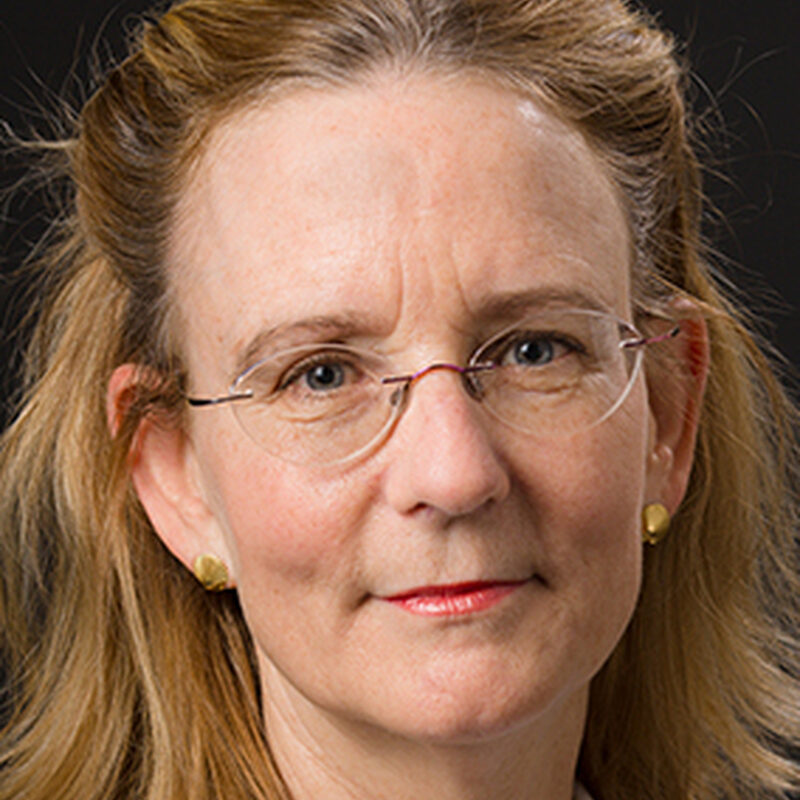
About Lisa
Dr. Lisa Sanders is a board-certified internist and an Emmy award-winning producer for CBS News. She is widely known for her popular New York Times Magazine column, “Diagnosis”, where she writes about the challenging process of solving medical mysteries. She is known for her ability to explain complex medical science in a way that is easy for a general audience to understand. Her column was the inspiration for the popular TV show “House, M.D.,” for which she also served as a consultant. Her work was also adapted into the Netflix documentary series “Diagnosis”. In the series, Lisa follows eight patients with puzzling symptoms, using a method she pioneered: crowdsourcing. By sharing the patients’ stories in the New York Times, she invites readers—including doctors, medical students, and other experts—to offer their insights, which helps lead the patients toward a final diagnosis. This approach harnesses the “wisdom of the crowd” to solve medical puzzles that have stumped traditional doctors.
